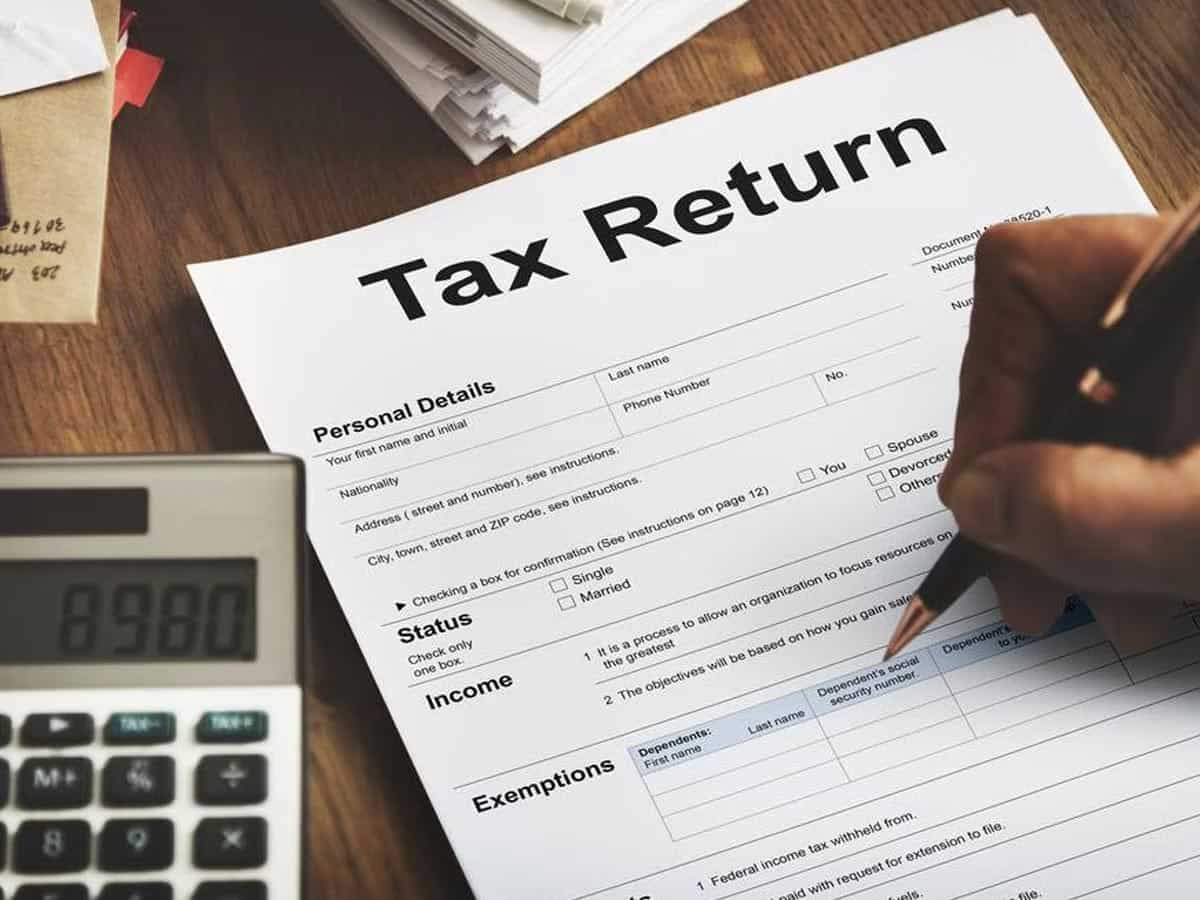Concept conference Pvt Ltd is a event planner who goes beyond meeting and planningDestination management company engage meetings and conferences dominate the workload, but other events that are required to be organized include corporate hospitality, client hospitality, conventions, exhibitions, and employee events (incentive travel award programs, team building).Planning and executing a successful corporate event is not an easy taskThis is usually a one-month process consisting of several phases and many organizational steps.
Types Of Corporate Events
As mentioned above, corporate events range from corporate meetings and in-house training seminars to team outings and client hospitalityWhen planning any type of corporate event, it’s best to make decisions on that scale.
Micro Events
Up to 100 participants are planned and often take the form of meetings or more intimate training sessionsPlanning requirements for these micro-events include room reservations, presentation facilities, small meeting snacks, and registrationHowever, hosting a trip or hosting 50 senior executives can be as complicated as planning a meeting for 500 participants, so it’s a misunderstanding to call it a “simple event.
Small Events
Small events have 100 to 250 participantsThese can be seminars, training days, or departmental meetingsThe planner may need to manage the main stage schedule and multiple breakout sessions along with lunch, snacks, audiovisual equipment, online registration, and transportation.
Midsize Event
Medium-sized events are technology-dependentThis can be a company-wide meeting with up to 1,000 representatives, or an executive meeting for key clients to meet with high-level executives branded websites, pre-event communications, and mobile apps for events all need to be part of your budget considerationsRepresentatives may require transportation to and from the hotel’s accommodation and venue.Pre-event receptions or evening entertainment may be required as part of a complex multi-stream conference route.
Large-Scale Events
Large events often require enterprise technology tools to manage items such as hotel room reservations, flight delegations, budgets, and online registrationThese can be several days of events and may require external activities, dinners, affiliate programs, awards ceremonies, or other complex travel plansStaffing, catering, registration, speakers and representative management all require careful and extensive planningFor example, a meeting can attract up to 10,000 participants and last for several days.
Event Budget
The amount of budget available can affect every aspect of a destination management company’s event planning, from venue and speaker selection to catering, entertainment, technology, and staffingDo you decide if your budget consists solely of expenses or can be covered by revenue from exhibitors, sponsors and other external revenues? Did this event occur in the past? In this case, use the previous budget to set the baseline, but be sure to take inflation and evolving needs into account.

Budget figures prior to help you get a clearer picture of how much a particular supplier will chargeUse these to make sure you are not overcharged when contacting the supplier to get your first quoteHowever, event budgets require built-in flexibilitySince unforeseen costs are common and supplier costs are often presented as an estimate rather than a fixed price, it is important to manage your overall budget properly and have emergency funding in place.
Attendee Engagement
If a corporate event management is unable to generate engagement, the ability of participants to retain information is affectedIn this mobile-first digital age, human attention has been greatly reducedAs a result, event planners needed to move from the PowerPoint Death presentation to a more innovative session format that avoids information overloadUsing the right event technology tools, implementing feedback strategies such as live polling, coordinating goals and expectations, and staying genuine should be a top priority.
The plenary session should be designed to be attended by representativesFind more attractive speakers and use live polling, roundtables, and other methods to raise awareness and focus attendees’ attentionThe meeting breakout should be designed to deliver targeted, truly interactive content to the audienceA common pitfall in event planning is turning them into mini-keynotes.
The Big Four Types of Attendee Engagement
1) Engaging With Content:
This means providing participants with appropriate sessions, exhibitions and other activities to maximize the value of learning and participation.
2) Engaging With Each Other:
Networking is the main reason many people attend an eventPlanners can facilitate networking and create more valuable experiences for participants by creating networking opportunities, face-to-face or virtual, individually or in groups.
3) Engaging With Sponsors:
When selling sponsorships at an event, paying customers are looking for real connections with the right type of attendees, not just the sign.
4) Engaging With You:
Communication is two-way, and as an organizer, you need to communicate effectively with attendees for promotional, advisory, or logistical purposes.
Conclusion
The Concept conference Pvt Ltd says that you need not meet in person for Virtual conferencing and event schedulingThese are suitable for many types of events If you decide to host a event, you need to plan a more collaborative environment, technique followed ,whether event is casual or formal and technology support networking opportunitiesThe planning process is not much different, face-to-face or virtual, but the main difference is in the production and presentation of the content and the virtual technology used.
 Lab Diamond Tennis Bracelet: The Epitome of Elegance and Luxury
Lab Diamond Tennis Bracelet: The Epitome of Elegance and Luxury  Unveiling the Truth: Why Mined Diamonds Are Not Scarce
Unveiling the Truth: Why Mined Diamonds Are Not Scarce  Power Duo: SEO Agency Services and Website Design in Pittsburgh
Power Duo: SEO Agency Services and Website Design in Pittsburgh  Dress Rings: A Timeless Choice with Lab-Grown Diamonds and Man-Made Diamonds
Dress Rings: A Timeless Choice with Lab-Grown Diamonds and Man-Made Diamonds  What is the Penalty for Non-Filing of Income Tax Return?
What is the Penalty for Non-Filing of Income Tax Return?  Easiest Tribal Loans – Get Financial Aid with Just Two Clicks
Easiest Tribal Loans – Get Financial Aid with Just Two Clicks  Revolution in Retail: The Influence of HVAC Design on Customer Experience
Revolution in Retail: The Influence of HVAC Design on Customer Experience  Where to Sell My Designer Bag and Sell Gold in Melbourne: A Comprehensive Guide
Where to Sell My Designer Bag and Sell Gold in Melbourne: A Comprehensive Guide  How Long Does Adderall Stay in Your System? What You Need to Know
How Long Does Adderall Stay in Your System? What You Need to Know 